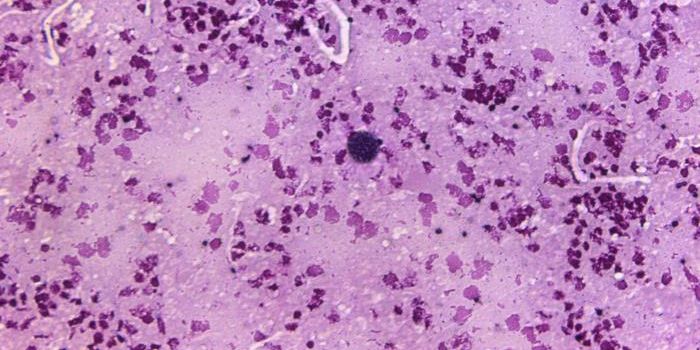Noninvasive New Test Can Diagnose Bowel Disease
Our gut is very important to our health. It hosts a vast community of microbes that influence digestion, the immune system, and the development of many diseases, some of which are becoming more common. Inflammatory bowel disease (IBD) is one of those disorders. In 2015, three million people in the US and 250,000 people in Britain were diagnosed with IBD. Now researchers have created a diagnostic tool that can easily and non-invasively assess gut function. The work has been reported in Experimental Physiology.
IBD is a broad term that describes chronic gut inflammation and includes several conditions, including Crohn's disease and ulcerative colitis. Symptoms include serious abdominal discomfort, diarrhea, reduced appetite, and fatigue. It is often diagnosed using procedures like colonoscopies or endoscopies that enable clinicians to examine the intestinal tract visually.
The intestinal tract has a very special lining, which has to be able to both soak up the nutrients we need from the food we ingest while keeping undesirable inflammatory molecules and pathogenic microbes from getting in. If this barrier gets damaged, it can cause serious health problems. In intestinal diseases like IBD, the intestinal lining is compromised, and chemicals produced by bacteria, or bacteria themselves, pass through the barrier and into the blood in a phenomenon often called leaky gut.
In this study, scientists have created a new way to assess gut function that only requires a milliliter (about one-fifth of a teaspoon) of blood and stool. The test focuses on short‐chain fatty acids (SCFA) that are made by bacteria. Using a rodent model and clinical samples from children with and without IBD, the researchers ratioed the levels of several types of SCFAs in the blood to the levels in the stool.
The researchers reported that their rodent model and patients showed that IBD causes an increase in the blood‐to‐stool ratio of SCFA. They suggested that SCFAs are penetrating to the blood more frequently in IBD cases.
This test doesn't require the preparation or anesthesia that a colonoscopy necessitates. It also can analyze whether the gut is leaky even if the lining doesn't appear damaged.
An early diagnosis could help keep a gut disorder from getting worse and causing other problems, as well as helping patients sooner. It may also be useful in assessing food allergies and celiac disease, but that will have to be confirmed with additional testing.
"This may be a very important tool for diagnosis and treatment of gut and other diseases, using the leaky gut as a marker for disease, as well as a potential target for treatment," noted the senior author of the study Marcin Ufnal.
Sources: AAAS/Eurekalert! via The Physiological Society, Experimental Physiology








